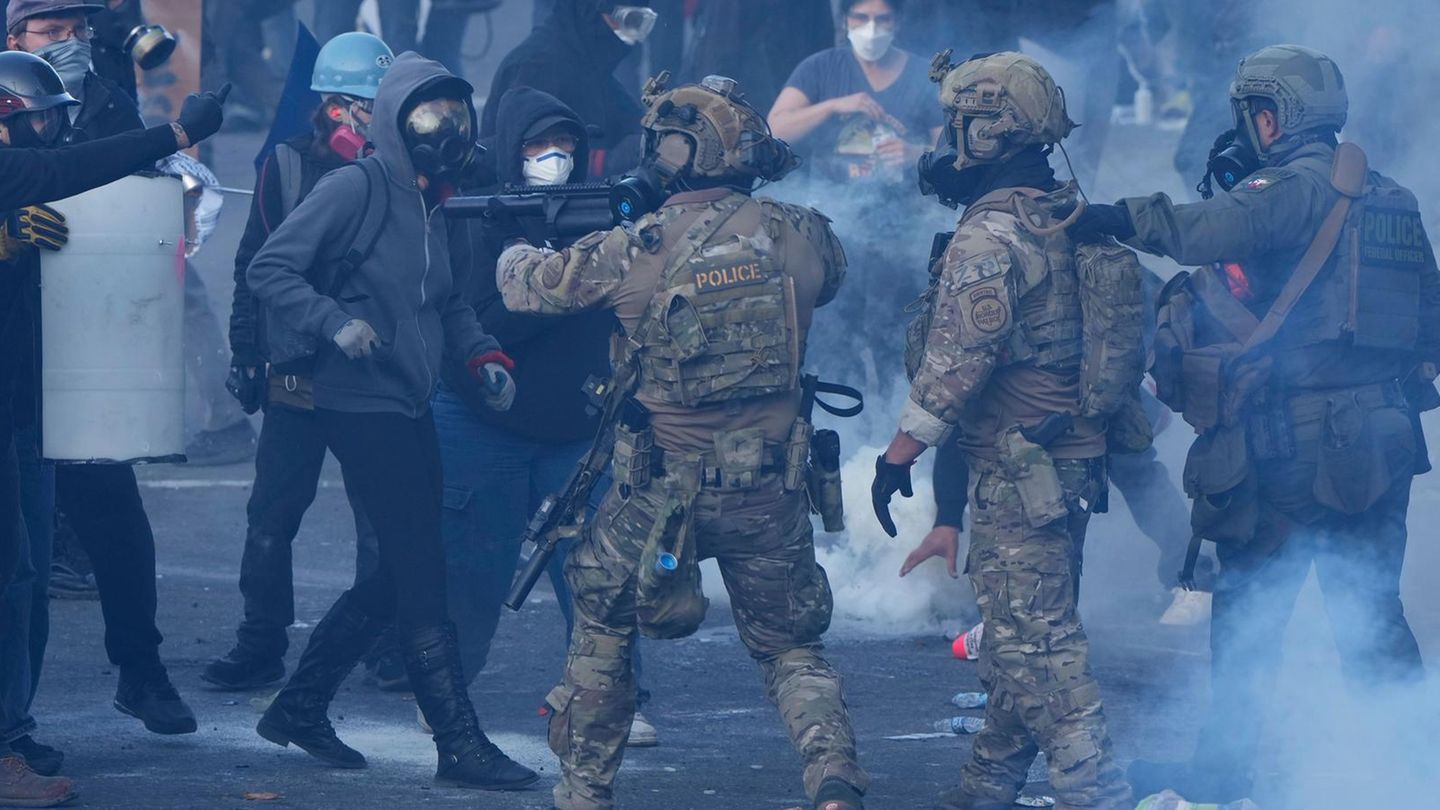The Federal Court of Justice is dealing with lawsuits from diesel buyers against their car dealers. The views of the parties, but also of the lower courts, diverged widely. But now the matter is clearly resolved.
Anyone who wants to exchange a new vehicle affected by the diesel scandal for a replacement vehicle of the successor model must have registered their claim within two years of the conclusion of the contract – otherwise they have had bad luck after a decision by the Federal Court of Justice (BGH).
The judges set a clear time limit for the subsequent delivery on Wednesday in Karlsruhe, which has not yet existed. A buyer’s lawyer spoke of a “shock” after the verdict.
Several buyers had asked for replacements for their much older Volkswagen cars. The original models were no longer produced by then. Then the dealers would get crazy cars and would have to provide completely new vehicles without compensation, explained the presiding judge, Karin Milger. That is not in the sense of a fair weighing of the interests of both sides. A VW spokesman had said before the hearing that the number of cases involved was in the mid-double-digit range.
The lower courts had decided differently: sometimes they granted customers the right to a replacement for their new car – if in doubt, a newer model. In other cases, they considered a software update for 100 euros to be more proportionate and sufficient. None of the sellers had claimed any statute of limitations. Depending on the case, the BGH either rejected revisions or confirmed the judgments. A procedure also has to be renegotiated.
Judge Milger, who chaired her last trial before retirement on Wednesday, said at the beginning that, from the point of view of the eighth civil senate, the “legal music” seemed to be playing when the car model was changed. In one case there was even a leap across a generation: the contract referred to a Golf VI that VW has long since stopped building. The current Golf VIII is. After a “quite controversial” preparation by the Senate, the main question is whether there should be time limits for this.
Both sides had refused to do so during the negotiation. Lawyer Thomas Winter, who represented several dealers at the same time, argued with the purchase object itself: The purchase of a certain type of car was originally contractually regulated. Successor models differ in terms of dimensions, equipment, horsepower or similar points and could therefore not be equivalent. He compared it with wine: a certain variety from a certain growing area from one vintage cannot be replaced by a bottle from another year.
His colleague Reiner Hall, who represents VW, added that if you order a newer model, you won’t take an older one. So these are just not equivalent. He also addressed feared defects that could arise from an update of the software. These are not proven – so that is not a reason for exclusion. The Cologne Higher Regional Court had listed such possible consequential damage in the lower instance and accepted a new car as the only replacement.
The buyers’ lawyers, on the other hand, stated that there should be no time limits for the simple reason that customers would only have learned of the problem with the emission of pollutants from the EA189 engine when the diesel scandal broke out. “Until 2015 everything was hidden under a thick blanket,” said Richard Lindner. His colleague Siegfried Mennemeyer found even clearer words when asked why the demand for a replacement car was only made years after the purchase: “Because it was fraudulently concealed beforehand.” Before that, consumers would have had no reason to take action. Lawyer Matthias Siegmann also referred to the statute of limitations: If you do without it, “then you have to face the consequences”.
Jane Stock is a technology author, who has written for 24 Hours World. She writes about the latest in technology news and trends, and is always on the lookout for new and innovative ways to improve his audience’s experience.




